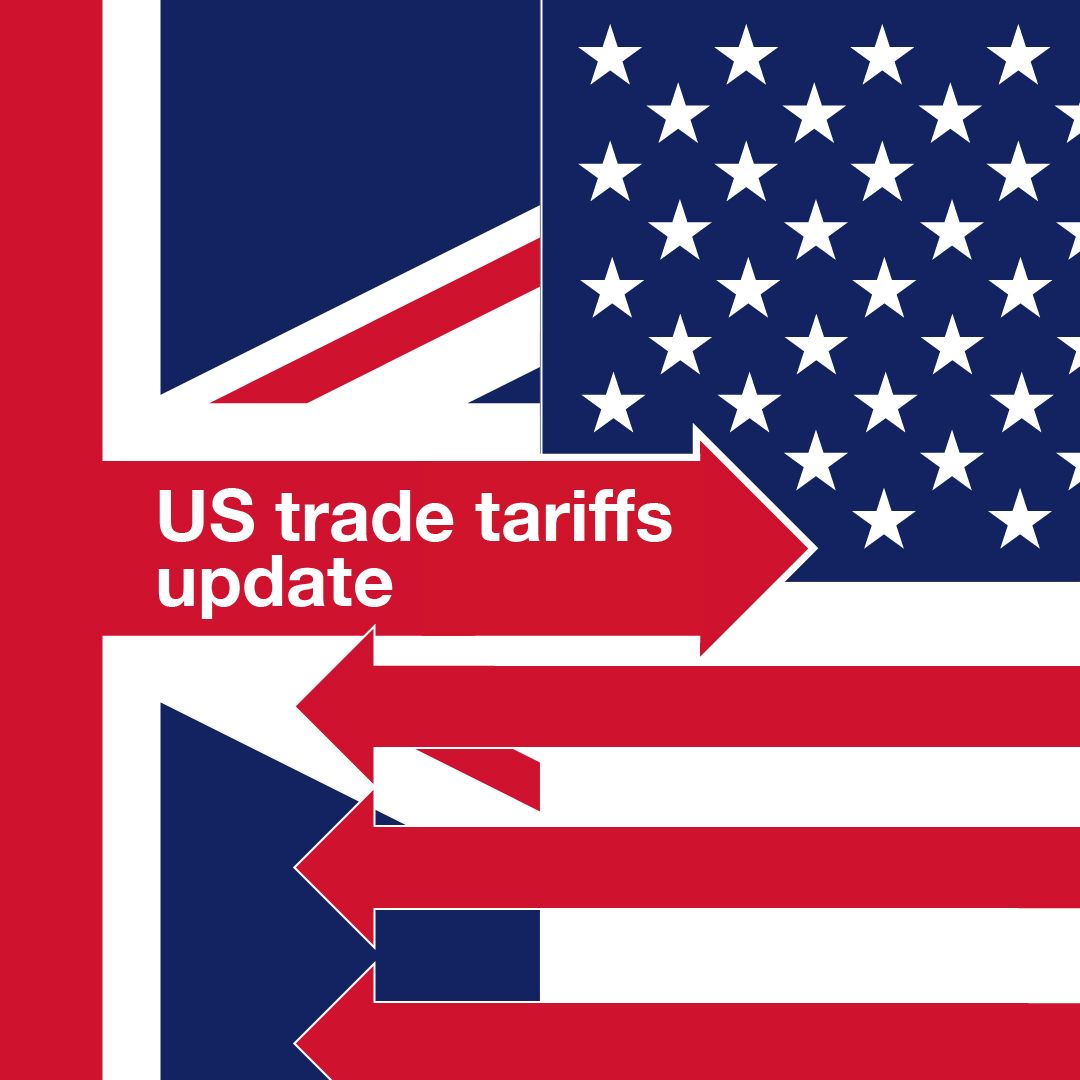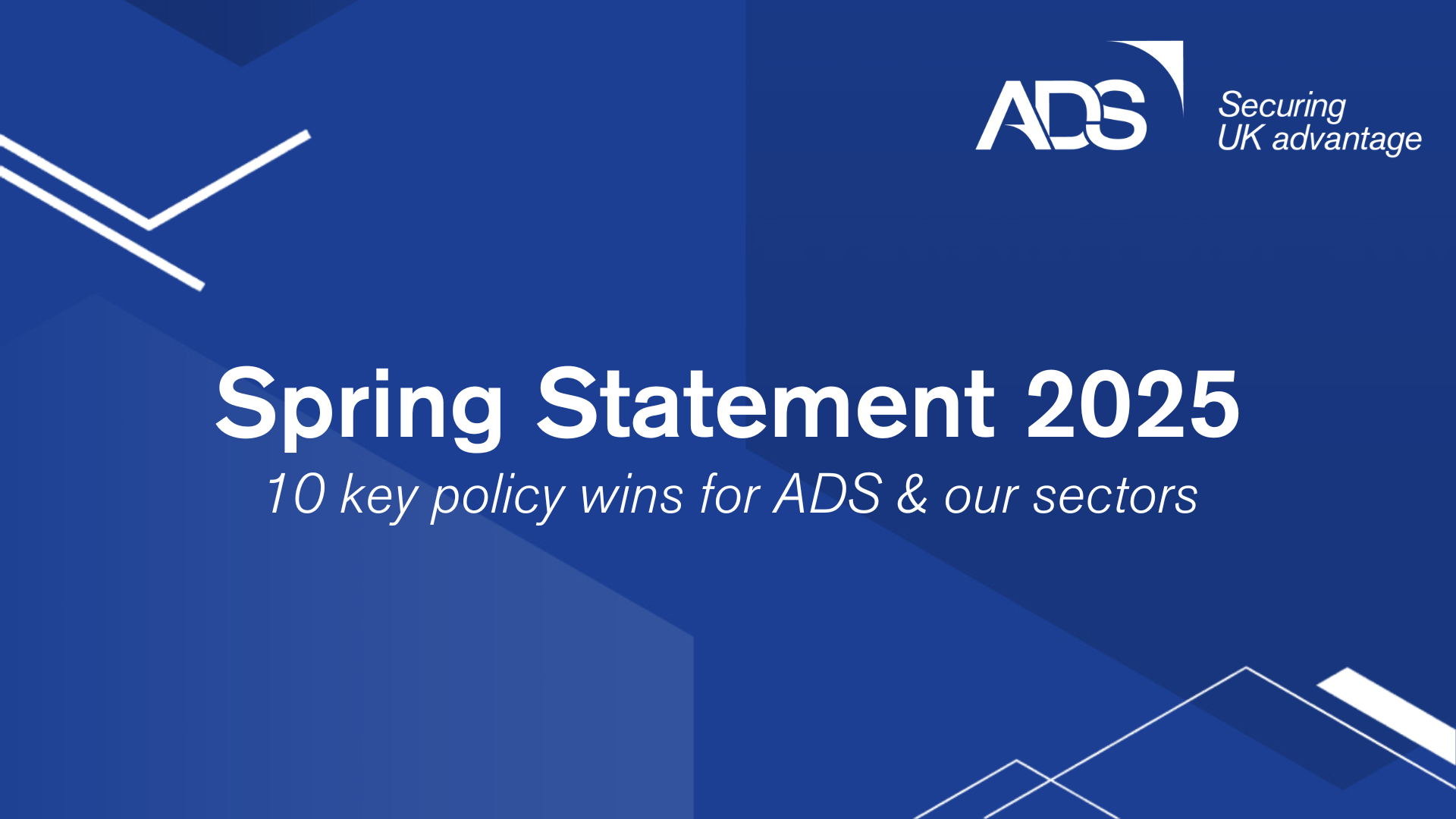
Gove writes to businesses
As has been widely reported, the Chancellor of the Duchy of Lancaster, Michael Gove MP, has written to businesses outlining the Government’s latest reasonable worst-case scenario (RWCS) planning assumptions for disruption at the GB-EU border at the end of the transition period.
The Government is clear – this is not a prediction of what will happen, but an assessment of what could happen in the event of a lack of border and trader readiness.
Key takeaways
As we have known for some time, regardless of the outcome of negotiations, new customs controls and processes will apply when moving goods between GB and the EU from the 1st January 2021. This letter sets out the Government’s belief that the biggest cause for potential disruption will be a lack of trader readiness.
In the RWCS, up to 50% of trucks travelling to the EU via Kent might not be ready for new border controls. This could lead to queues of up to 7,000 port-bound trucks in Kent and delays of up to two days.
The impact is unlikely to be seen from day 1 as the demand in early January is usually lower than average. It is therefore expected that the worst disruption will manifest after the first two weeks.
How could these delays impact UK aerospace and defence companies?
ADS analysis in 2019 concluded that late delivery penalties as a result of delays at the border could be 1%-2.5% of the sale value per day. On top of this, the cost of complying with the EU’s third country customs documents and procedures could be between 10%-15% of the sale value of the good. In total, we estimated that the cost of new customs arrangements could be around £1.3bn to the aerospace sector alone.
At a time when the industry is crippled by the COVID-19 crisis, these additional costs are likely to be extremely damaging. This is before the cost of duplication of certification is considered. We still have no clarity on the extent to which the UK and EU will recognise each other’s approvals from 1st January.
UK Government preparation
To limit disruption in Kent specifically, the UK Government is preparing to implement Operation Brock. This will consist of measures to manage the flow of vehicles heading to the port and using technology to upstream border readiness.
In addition, the UK Government announced that it will implement a phased introduction of import controls until July 2021.
Finally, the UK Government has said that hauliers will need to apply for a “Kent Access Permit” in order to enter the county. This will be issued once the necessary paperwork as been completed.
What should businesses do?
Prepare. The Government has published detailed guidance for customs processes from 1st January 2021 in its Border Operating Model. It is critical that businesses re-engage with the Brexit process and understand what they can and should do now to prepare.
The ADS Brexit Hub has been updated to reflect the latest Government position and contains signposts to the latest Government guidance. In addition, we are kicking off a fortnightly Brexit webinar series. The first webinar will focus on new arrangements set out in the Northern Ireland Protocol. In the future we will run webinars on other topics such as regulations, customs & borders and much more.





